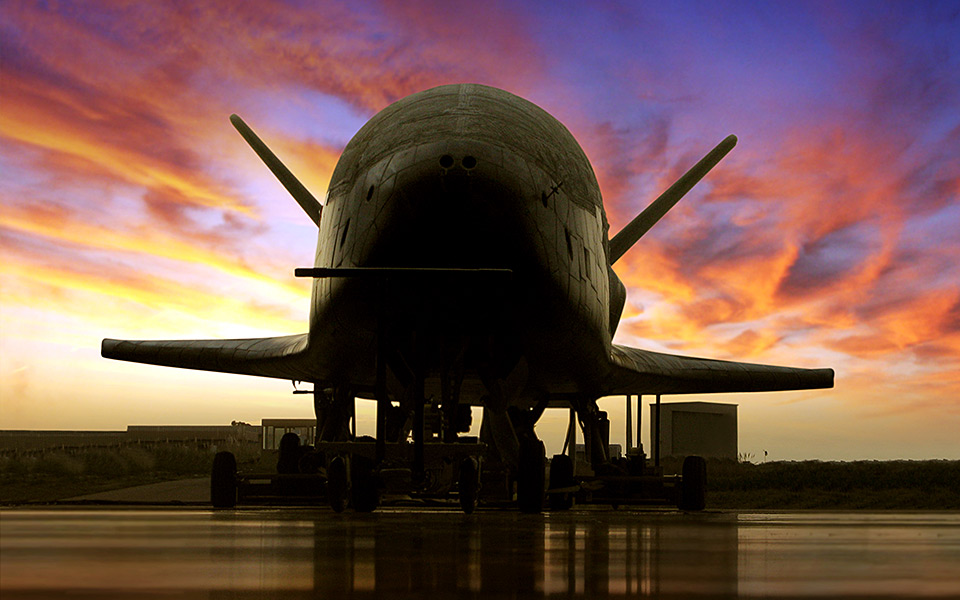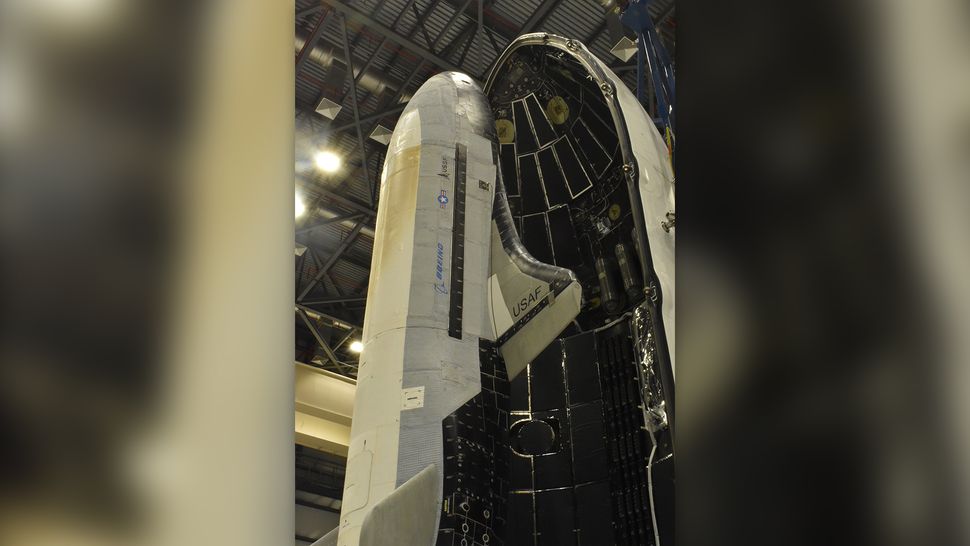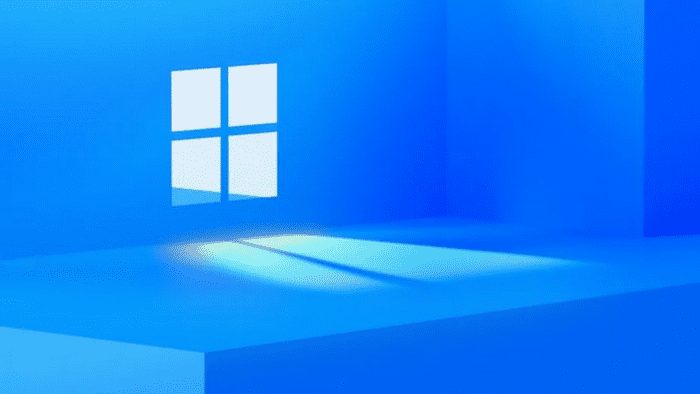The US Space Force has announced a delay in the upcoming launch of the elusive X-37B space plane. The mission, called USSF-52, was scheduled for December 7 but has now been rescheduled for December 10. The X-37B will be launched aboard a SpaceX Falcon Heavy rocket from NASA’s Kennedy Space Center (KSC) in Florida. According to the statement made by the Space Force, the reason for the date change was the change in launch schedules and the availability of Launch Complex-39A (LC-39A).
“We work closely with our launch service providers and the entire team is focused on a successful mission,” said Brig. Gen. Christine Panzenhagen of the Delta 45 space launch in an email from Space Systems Command (SSC). USSF-52’s launch on December 10 will occur from LC-39A KSC during an unspecified launch period. These details will be announced “as the launch date approaches,” according to the SSC email.
This will be the first launch of a reusable space plane on the Falcon Heavy rocket, which is important for its secret mission. Five of the six previous launches of the X-37B were accomplished using United Launch Alliance (ULA) Atlas V rockets; the only remaining person flew a Falcon 9.
On its last mission, the X-37B spent 908 days in orbit, returning to Earth on November 12, 2022, and landing on a runway at KSC previously used for space shuttle landings.
Combining three Falcon 9 boosters for the rocket’s first stage, Falcon Heavy can carry heavier payloads than the Atlas V and Falcon 9 to higher orbits and launch the X-37B farther than it has ever flown. Although little is known about the spacecraft’s operational capabilities, some of USSF-52’s mission objectives include the X-37B “operating in new orbital modes,” according to the Space Force statement.
One unclassified experiment conducted as part of USSF-52 is NASA’s Seeds-2, which will test the effects of long-duration spaceflight radiation on plant seeds. Other mission objectives include “experimentation with space awareness technologies,” according to the Space Force.
A photo published in this issue shows the X-37B, now bearing the Space Force logo for the first time, standing next to one of the payload fairings before being encapsulated.
While this is the Falcon Heavy’s debut with the X-37B, it is not the first rocket launch for the Space Force to have approved SpaceX to fly national security payloads using refurbished stages. The side boosters launching USSF-52 have flown on four previous missions, including two Space Force launches in November 2022 and January 2023 and the launches of the Hughes JUPITER 3 communications satellite and NASA’s Psyche probe earlier this year.














